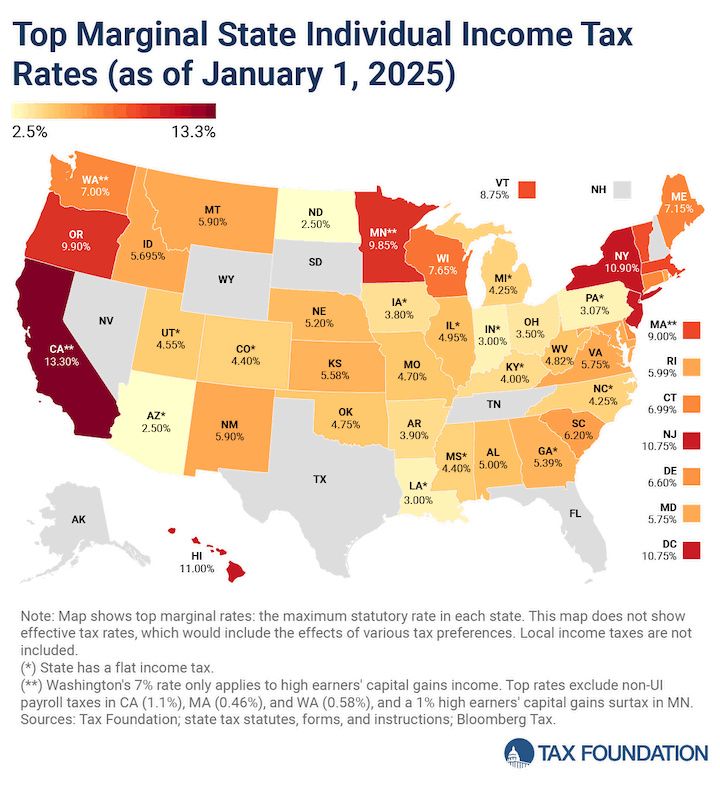As first-party fraud continues to surge, data from FICO reveals that nearly a third of respondents believe that lying on credit applications is either justifiable in certain situations or simply common practice.
Inflation and high interest rates have placed increasing pressure on consumers in recent years, leading to a surge in credit card debt. In response, many lenders have reduced credit limits, tightened lending standards, and shifted their focus toward more affluent customers.
FICO notes that many consumers are deliberately inflating or misrepresenting details on credit applications in an effort to secure financing—often without fully grasping how these “so-called liar loans” can strain their budgets or expose them to the legal and financial repercussions of committing fraud.
For the average consumer struggling to stay afloat, fraud may be a viable solution—but as FICO highlights, it often just adds fuel to the fire.
Muddying the Waters
First-party fraud, also known as consumer-engaged or friendly fraud, has become the most prevalent type of fraud worldwide. A separate report from Lexis-Nexis shows it accounted for more than a third of all reported fraud cases in 2024—up from 15% the year prior.
One of the biggest challenges for financial institutions is the variety m of forms this fraud can take. In one common scenario, a consumer orders a big-ticket item and later files a false fraud claim.
In another, the buyer claims that an item was never delivered or falsely reports it as damaged in transit.
Further muddying the waters are the instances in which a legitimate first party is manipulated by an outside bad actor into commiting fraud.
A Strange Dichotomy
Because of the increasing prevalence of first-party fraud, the first step for financial institutions is to classify fraud accurately. Only then can banks and credit unions begin to deliver the fraud defenses that customers expect.
This reveals a strange dichotomy: FICO found that even as more consumers commit fraud themselves, they are increasingly searching for stronger fraud protections.
According to its survey, nearly a third of respondents ranked fraud protection as their top priority when opening a new account—placing it above value and customer service. More than half said that solid fraud protection was a top three consideration when selecting a new account.
Disclaimer: This story is auto-aggregated by a computer program and has not been created or edited by finopulse.
Publisher: Source link








